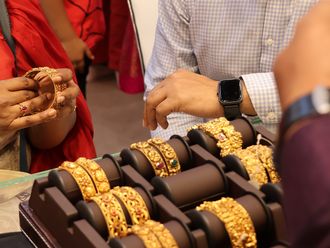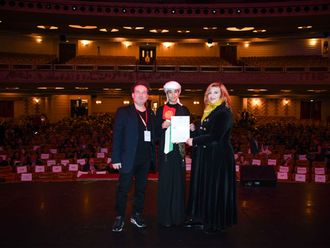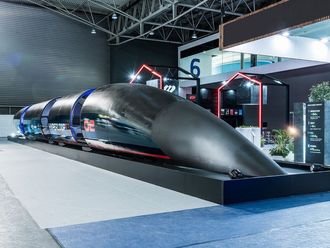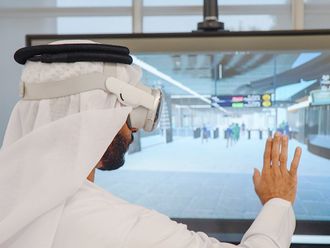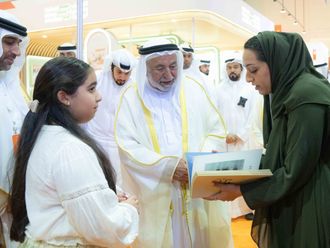President Gloria Macapagal-Arroyo has survived a seige, but the Philippines has not yet escaped the possibility of a civil war, as demonstrated by the clashes at the presidential palace that bare the rich-poor divide in the Philippines.
"We are a nation sitting on the edge of a civil war. This time, we came nearer to civil war than we were in the 1986," said columnist, Amando Doronilla. The recent resolution of the long standoff between Arroyo and pro-Estrada protesters has all the more polarised the two conflicting camps, he contended, and their next collision could be more fatal than the attack at the presidential palace.
"Any political stability at this point will be temporary," said Senator Aquilino Pimentel. "We should not centre our efforts on the arrest of the opposition leaders. We should start negotiating with rowdy protesters for political stability."
Earlier, Pimentel suggested that Estrada should be allowed to live in exile and perhaps get some part of his alleged loot, estimated at $400 million. Arroyo wanted to experiment with the country's legal process by allowing Estrada to undergo trial for plunder, which former dictator Ferdinand Marcos never underwent despite allegedly looting $35 to $65 billion.
Moreover, Justice Secretary Hernando Perez said that negotiations with a leaderless pro-Estrada group is out of the question. "It's like negotiating with the Abu Sayyaf group (which kidnapped hostages while fighting for an independent Islamic state in the southern Philippines)," said Perez.
Columnist Conrade de Quiros said that "the pro-Estrada crowd was the bullet that came out from the gun, which is People Power II." "People Power II has given us political maturity, but not the ability to abolish poverty and establish equal distribution of wealth," said leftist leader, Satur Ocampo.
The alliance of leftist groups with Arroyo, is a "merger that has not resolved major issues such as the establishment of an independent economic policy for the country", said Ocampo. It was a good thing that the clash happened between the government leaders and pro-Estrada protesters, not between the proponents of People Power II and the pro-Estrada protesters.
"We tried hard not to clash with the pro-Estrada protesters," said Pastor Saycon, head of a non- government organisation, who was trapped in one of the churches near the presidential palace when pro-Estrada protesters went on the rampage.
The middle forces, which represents a majority of the proponents of People Power II, were angered by video shots of people giving the 'dirty finger' and acts of violence from the rowdy pro-Estrada crowd.
"This can turn into low tolerance for the poor, an eventual lack of understanding of their needs, and the deepening of the eternal divide between the haves and the have nots, a volatile conflict in Philippines society," said philosopher and columnist, Domingo de Guzman.
If the eternal divide is continuous, "politicians will cynically manipulate the poor by tapping their social grievances and turning them against the rich and the government", said Doronila. "Now they are being used as shock absorbers and cannon fodder for causes that will not benefit them." Estrada and other opposition leaders have been accused of using the poor as pawns in a political play for self interest.
Possibility of civil war continues to hover
President Gloria Macapagal-Arroyo has survived a seige, but the Philippines has not yet escaped the possibility of a civil war, as demonstrated by the clashes at the presidential palace that bare the rich-poor divide in the Philippines.


